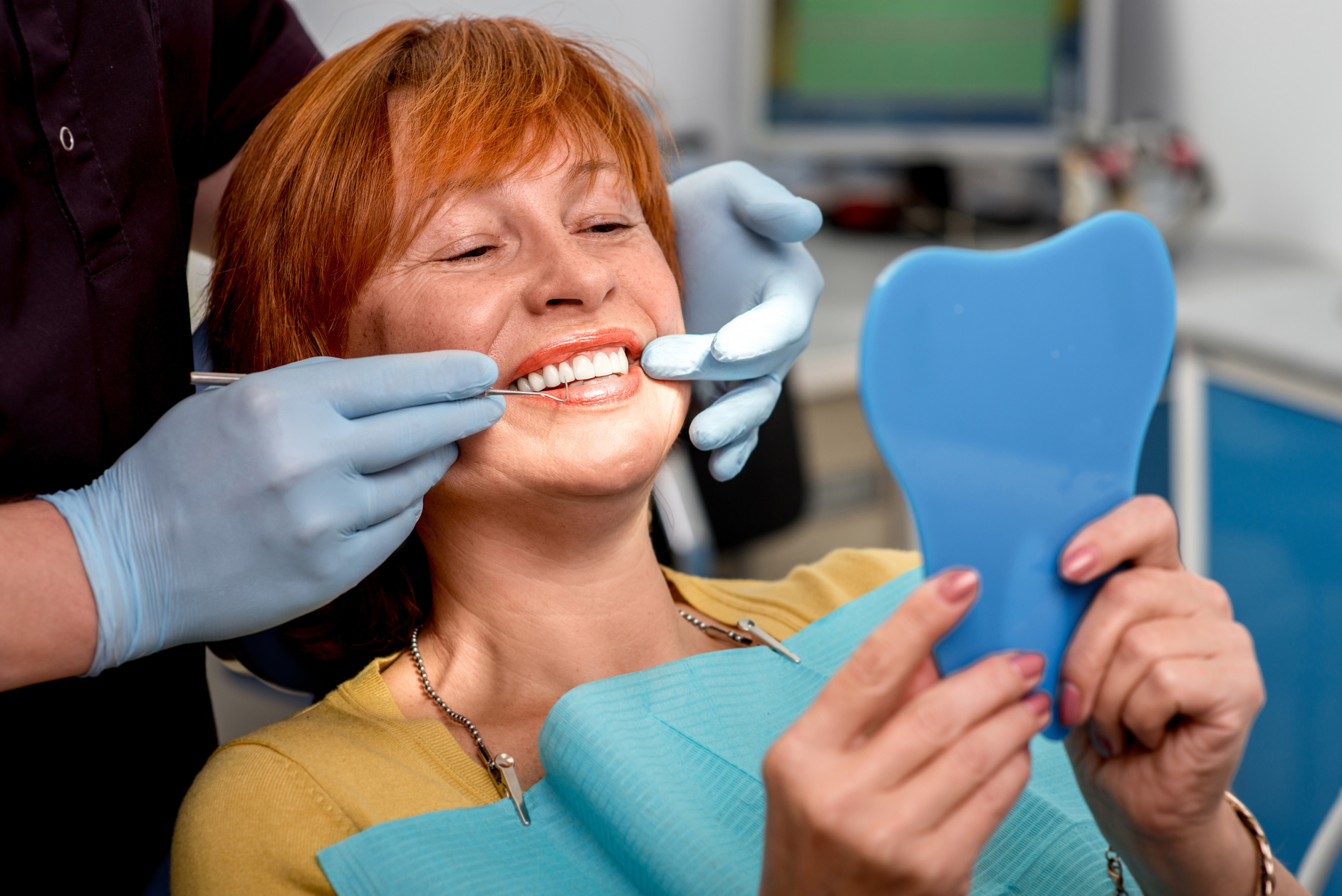When teeth are missing, adjacent teeth will often move into the empty space and this can lead to serious oral problems such as jawbone deterioration and further tooth loss. Fortunately, missing teeth can be replaced permanently with dental implants.
Dental implants are a viable tooth replacement option for many patients because they are permanently attached to the jawbone. Unlike conventional dentures and bridges, dental implants create a strong foundation for replacement teeth that look and function just like real teeth. Dental implants in Belfast are available in specialised practices, including Blue Sky Dentistry.
What’s so special about dental implants?
The foundation of dental implants are strong titanium posts. Because it is compatible with the human body, titanium fuses with the jawbone over time, replacing the missing tooth root. A well-trained dentist will place these posts as precisely and comfortably as possible with the use of 3D dental imaging.
This advanced medical scanning technology allows the dentist to map both the exact placement site of the dental implant as well as the angle of the implant before even beginning surgery. With this technology, surgery is quicker and healing time is accelerated. During healing time (that usually lasts from two to four months), the titanium attaches itself to the jawbone and becomes a new tooth root.
Once the titanium posts are healed, the dentist will carefully place the replacement teeth on top of the dental implants. These can be single crowns, dentures or bridges. Bonded in place, replacement teeth have all the biting power of a natural tooth.
Who is a good candidate for dental implants in Belfast?
Most people are good candidates for dental implants as long as they miss one or more teeth, or are simply unhappy with their dentures. Age is not a factor for dental implants; however, general health is. Active gum disease, smoking, diabetes, and heart disease, have been shown to lower the success rate of dental implants. Patients who have one of these conditions should consult their doctor in advance. Detailed x-rays may also be required to determine if other treatments are required to place dental implants properly.




